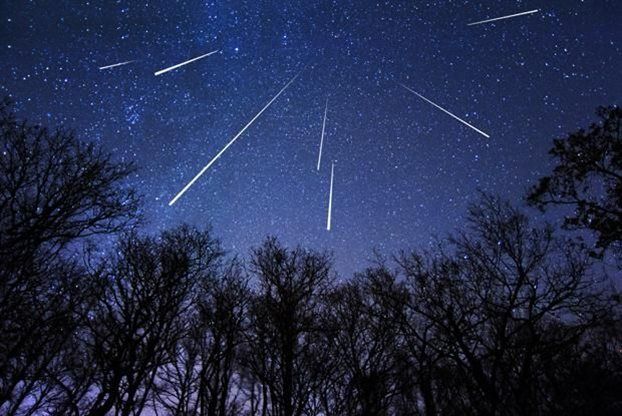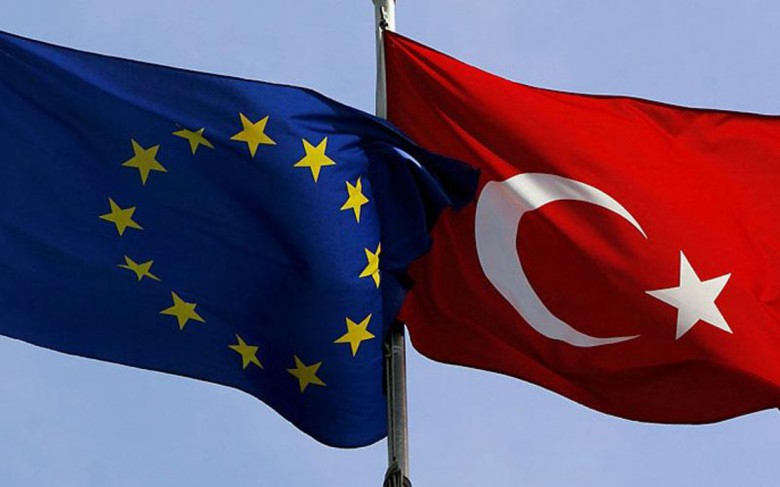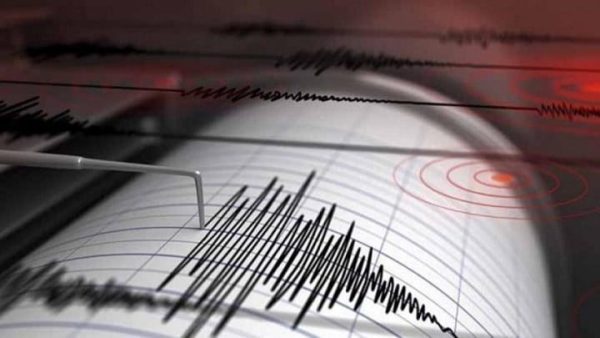The Perseids meteor shower, the most impressive summer rain of “falling stars”, will peak again this year in the heart of August, specifically on the night of Wednesday 11/8, but also on Thursday 12/8, in the night sky of Greece and generally in the north hemisphere.
The Perseids are spectacular rains of meteors, as their “falling stars” are fast and bright, usually having long fiery “tails”. According to NASA, the Perseids “give” more bright meteors than any other meteor shower in the year. Their record was in 1993, when about 300 meteors per hour were recorded, while they usually “give” 50 to 60 per hour. This year, the sky will be quite dark and suitable for observation.
The name is derived from the word Perseidai (Greek : Περσείδαι), the sons of Perseus in Greek mythology.
Characteristics
The stream of debris is called the Perseid cloud and stretches along the orbit of the comet Swift–Tuttle. The cloud consists of particles ejected by the comet as it travels on its 133-year orbit. Most of the particles have been part of the cloud for around a thousand years. However, there is also a relatively young filament of dust in the stream that was pulled off the comet in 1865, which can give an early mini-peak the day before the maximum shower. The dimensions of the cloud in the vicinity of the Earth are estimated to be approximately 0.1 astronomical units (AU) across and 0.8 AU along the Earth’s orbit, spread out by annual interactions with the Earth’s gravity.
The shower is visible from mid-July each year, with the peak in activity between 9 and 14 August, depending on the particular location of the stream. During the peak, the rate of meteors reaches 60 or more per hour. They can be seen all across the sky; however, because of the shower’s radiant in the constellation of Perseus, the Perseids are primarily visible in the Northern Hemisphere As with many meteor showers the visible rate is greatest in the pre-dawn hours, since more meteoroids are scooped up by the side of the Earth moving forward into the stream, corresponding to local times between midnight and noon, as can be seen in the accompanying diagram. While many meteors arrive between dawn and noon, they are usually not visible due to daylight. Some can also be seen before midnight, often grazing the Earth’s atmosphere to produce long bright trails and sometimes fireballs. Most Perseids burn up in the atmosphere while at heights above 80 kilometres (50 mi).











![Οι αλλαγές που υπάρχουν στα φορολογικά έντυπα για τα εισοδήματα του φορολογικού έτους 2024 από ακίνητα [Γ’ Μέρος]](https://www.ot.gr/wp-content/uploads/2025/03/akinita.jpeg)










